Elephants are among the largest land mammals on Earth and are often referred to as “ecosystem engineers” because they sustainably alter their surroundings through grazing, trampling, and digging. Europe, too, had an elephant: the straight-tusked…
Category: Paleontology
-

Anatomy of a ‘zombie’ volcano: Investigating the cause of unrest inside Uturuncu
Scientists from China, the UK and the USA have collaborated to analyse the inner workings of Bolivia’s “zombie” volcano, Uturuncu. By combining seismology, physics models and analysis of rock composition, researchers identify the causes of…
Continue Reading
-
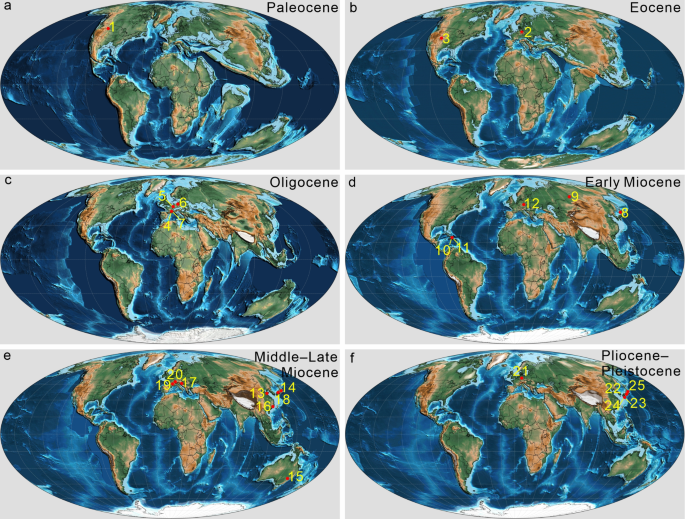
Sounds from the Eocene: the first singing cicada from the Messel Pit, Germany
Williams, K. S. & Simon, C. The ecology, behavior, and evolution of periodical cicadas. Annu. Rev. Entomol. 40, 269–295. https://doi.org/10.1146/annurev.en.40.010195.001413 (1995).
Google Scholar
…Continue Reading
-
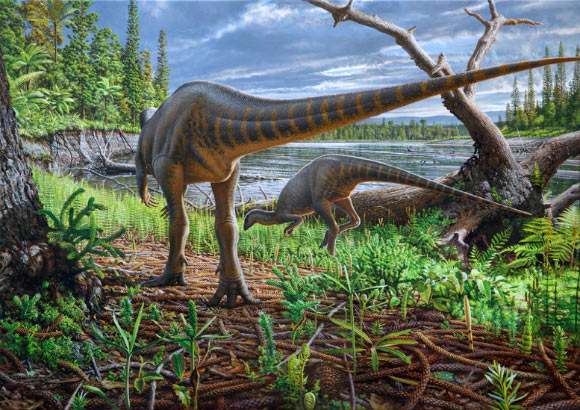
Small-Bodied Herbivorous Dinosaur Unearthed in Scotland
The specimen is the first and most complete partial dinosaur skeleton currently known from Scotland, according to a team of paleontologists led by National Museums Scotland.
An artist’s impression of an ornithischian dinosaur. Image credit:…
Continue Reading
-
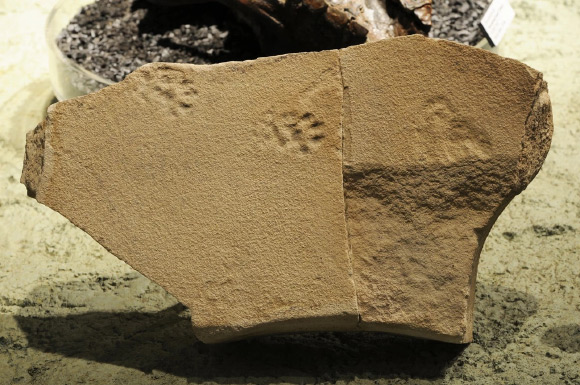
29-Million-Year-Old Footprints of False Saber-Toothed Cat Discovered in Oregon
Paleontologists have discovered 50- to 25-million-year-old fossilized footprints of invertebrates and vertebrates, including a false saber-toothed cat (nimravid), at John Day Fossil Beds National Monument in Oregon, the United States.
The…
Continue Reading
-
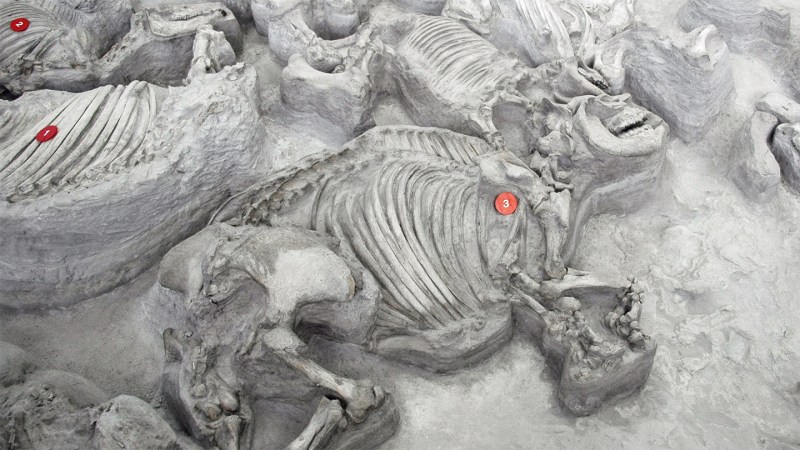
Ancient, water-loving rhinos gathered in big, hippolike herds
Millions of years ago in Nebraska, chunky, stumpy-legged rhinoceroses were party animals, crowding together in huge herds at watering holes and rivers.
Chemical signatures in the fossilized teeth of the extinct, corgi-shaped beasts…
Continue Reading
-
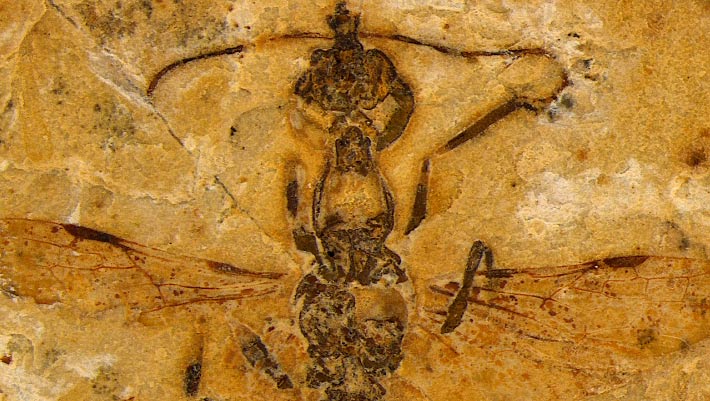
113-Million-Year-Old Hell Ant Fossil Found in Brazil
Paleontologists have described the oldest known member of Haidomyrmecinae — an extinct subfamily of ants that only lived during the Cretaceous period — preserved as a rock impression in the limestone of the Crato Formation in northeastern…
Continue Reading
-

The oldest ant ever discovered found fossilized in Brazil
A 113-million-year-old hell ant that once lived in northeastern Brazil is now the oldest ant specimen known to science, finds a report publishing in the Cell Press journal Current Biology on April 24. The hell ant, which was preserved in…
Continue Reading
-
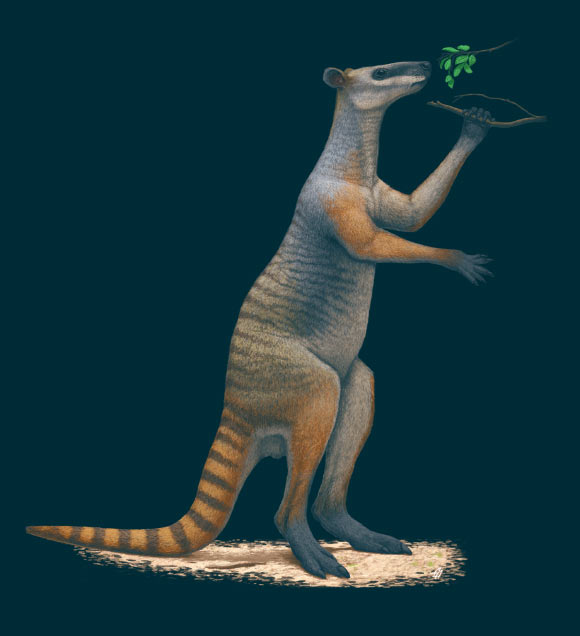
Small Home Ranges Made Ancient Giant Kangaroos Vulnerable to Local Extinctions, Study Says
Large-bodied extinct kangaroos of the genus Protemnodon were not intrepid travelers who bounded across the plains, but rather homebodies, who did not journey far throughout the course of their lives, according to new research by…
Continue Reading
-

What rattlesnake venom can teach us about evolution: New USF study
Researchers at the University of South Florida are uncovering new clues about how animals evolve by studying rattlesnake venom — and what they’ve found could help us better protect wildlife in a world increasingly shaped by human activity.
In…
Continue Reading